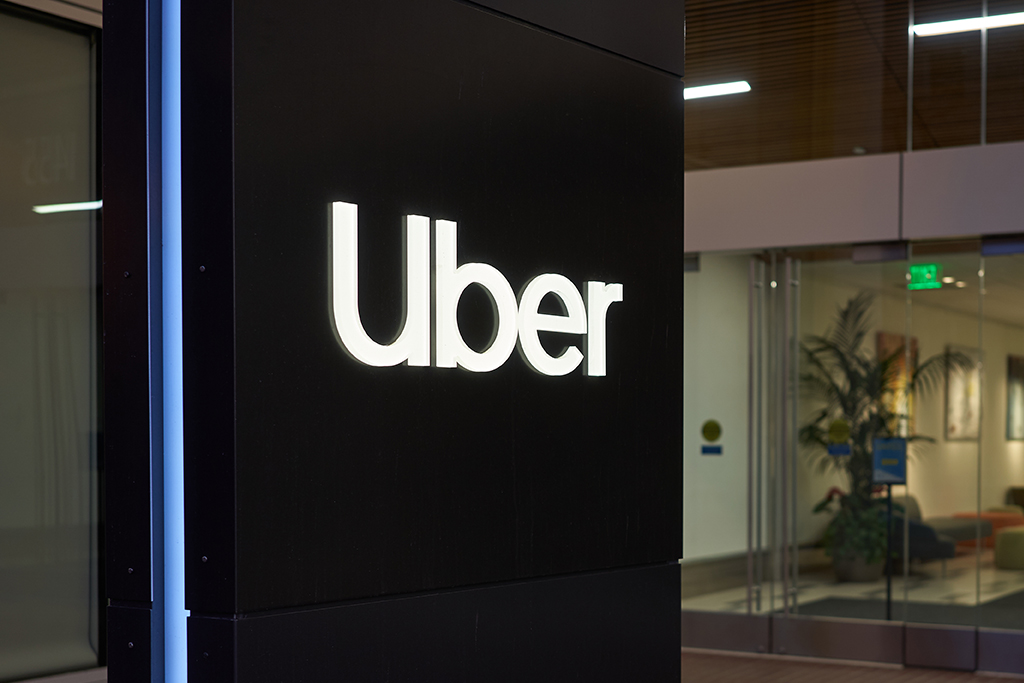The private hire industry has been through a lot in recent years. There’s congestion and clean air charges, driver status and the accelerating presence of the apps. Another major issue has been recruitment. With so many different kinds of opportunity for those working in the gig economy, establishing a consistent fleet is only getting harder.
In current times, drivers could just as likely work part-time for an operator, part-time for Bolt, part-time delivering parcels for Amazon and part-time delivering food for Deliveroo rather than working for a sole operator. Combine that desire for fluidity with a labour crisis and its not surprising to find that many operators are facing difficulties in recruiting a suitable workforce.
How bad is the UK Labour Crisis?
The private hire industry’s employment problem has been excenuated by the pandemic. Experts estimate that there are potentially as many as a million workers missing from the UK job market.
Tony Wilson, a director of the Institute for Employment Studies, points to a combination of Covid and Brexit, resulting in many EU nationals who worked in the UK returning to their home countries. However in his opinion the absence of these migrant workers is only responsible for approximately 30% of the labour market shortfall.
The single biggest issue causing workforce numbers is the sharp increase in “economic inactivity.” Since the coronavirus outbreak, the number of people who are not looking for jobs and are not available for work has risen dramatically. Figures of those classed as “economic inactive” are up 400,000. Many of whom will be over 50 and will have chosen to take early retirement.
Plan Insurance can provide bespoke taxi insurance quotes for all UK drivers. Just fill in our short online questionnaire, and our professional brokers will be in contact to arrange your insurance.
Is it opportunisitc for Private Hire firms to offer Ukrainian refugees employment?
There has been a global outpouring of humanitarian suppoort in response to Russia’s invasion of Ukraine. It may feel to some commentators that the act of offering employment is an opportunistic one rather than a self-less gesture by private hire firms. Although, by contrast it can be argued that many refugees will want to contribute to the country that has privided them with shelter whilst also benefitting both financially and mentally by remaining active.
There is clear guidance to follow for businesses considering making offers of employment to people coming to the UK from Ukraine. The Government’s is very much in favour of this course of action and thanks businesses that are exploring, stating,
“The United Kingdom has a long and proud history of supporting people in their time of need, and we are grateful for the unprecedented number of British businesses like yours offering their support.”
Many UK companies have already taken the opportunity to offer priority hiring for Ukrainian refugees. These include huge firms like Marks & Spencer, Lush, and PwC.
How easily can companies hire Ukrainian refugees?
Since the crisis began, the British government has introduced several programs to help refugees settle and find work in the UK. These ‘schemes’ have usually relied on individual sponsorship. However, companies can hire Ukrainian people without actively sponsoring, simply by complying with the necessary requirements of hiring someone from overseas. The largest criterion is that employers provide accommodation for a minimum of 6 months.
Currently, there are 3 ways that Ukrainian refugees can come to the UK…
The Ukrainian family scheme
This allows British citizens to sponsor Ukrainians who are immediate extended family members. This is only available if the individuals sponsoring are ‘settled’ in the UK, of which they are strict criteria.
The individual they sponsor must have been a resident in Ukraine prior to 1st January 2022. If accepted, refugees can have permission to travel to the UK without a visa. On arrival, they’ll have a right to work, study and claim benefits in the UK for a period of 6 months. There is scope to extend their stay for three years.
The Homes for Ukraine Scheme
Most useful for the private-hire industry or any other unstaffed industry that needs workers is the ‘home for Ukraine Scheme’. This allows both businesses and individuals to sponsor individual(s), as long as they provide them housing for at least six months.
Once an application has been processed, the Ukrainian resident will be sent a letter that confirms they can travel to the UK without a visa. The rest of the process is identical to the family scheme. As with the family scheme, there is scope for refugees to extend their stay for 3 years.
It’s not enough to simply offer work. Accommodation must be provided for 6 months and meet certain standards.
The Standard Visa Scheme
If a Ukrainian refugee isn’t eligible for either of the other schemes, they can take the standard route instead. Licensed sponsors can recruit Ukrainian nationals by allocating a certificate of sponsorship, allowing them so they can work under a Skilled Worker visa.
Offering work to Ukrainian refugees
Separate from the Homes for Ukraine, employers can offer employment to Ukrainian refugees that have a right to work under another scheme. This means that there is no obligation for you to provide accommodation to the people you employ. This covers full time, part time, or voluntary roles. Employers are responsible for undertaking the necessary checks to all employees.
Employers can find more information regarding offering work to people arriving in the UK from Ukraine on the gov.uk website. They can also email the Home Office directly, providing them with all necessary information of the role.


